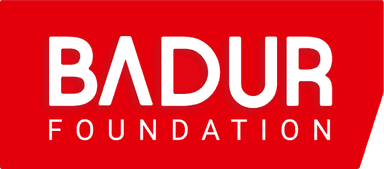Over the past fourteen years the Pearl Foundation has been operating in Eastern Hungary, in the Berettyóújfalu district. In order to break the vicious cycle of poverty Pearl has initiated a food processing social enterprise to create jobs and develop the employability skills of the participants.
Pearl’s activities in this district are vitally important as there is a high unemployment rate, lack of infrastructure and no service industry which might provide jobs to locals. Families here live in deep poverty and are locked in a vicious cycle faced with no economic opportunities combined with low education and skill levels. Some are involved in low paid public work programmes run by the government but the majority of adults are in long term unemployment. There are grandmothers and grandfathers in families who have never been employed during their lives.Children coming from these poor families and segregated areas have extremely limited opportunities to receive quality education let alone any future social mobility.
Pearl has taken a holistic approach to improve the opportunities for Roma living in poverty and this follows three intervention strands. Firstly, education programmes which include individualized after-school activities and scholarship programmes for children. Secondly, family support and community building programmes which cover crisis intervention, job creation, citizenship education and empowerment. Thirdly, Pearl focuses on sharing good practices and cooperating with other institutions.
The Foundation began working with Pearl in 2014 supporting an agricultural social enterprise where the community grew medical plants and collected wild herbs. Integrating the experiences from this project and developing the concept, Pearl has developed a food processing social enterprise where the members of the local community produce jam and other food products for sale. Based on local jam making traditions retained within the community and supplemented with their own research, Pearl started to produce jam made from rose-hip and sloe berries foraged locally. The Foundation supported the social enterprise through a grant; part of which was used towards renovating a building, and part of which was used to employ specific professionals integral to the venture.
Working in conjunction with Pearl’s art project, they created and developed a brand name called Amari Food. There is an attractive packaging and design to market the brand: “Amari is intended to become a brand of hand-made products made of natural materials with authentic tastes and building on local characteristics in order to provide employment opportunities for local people .”




